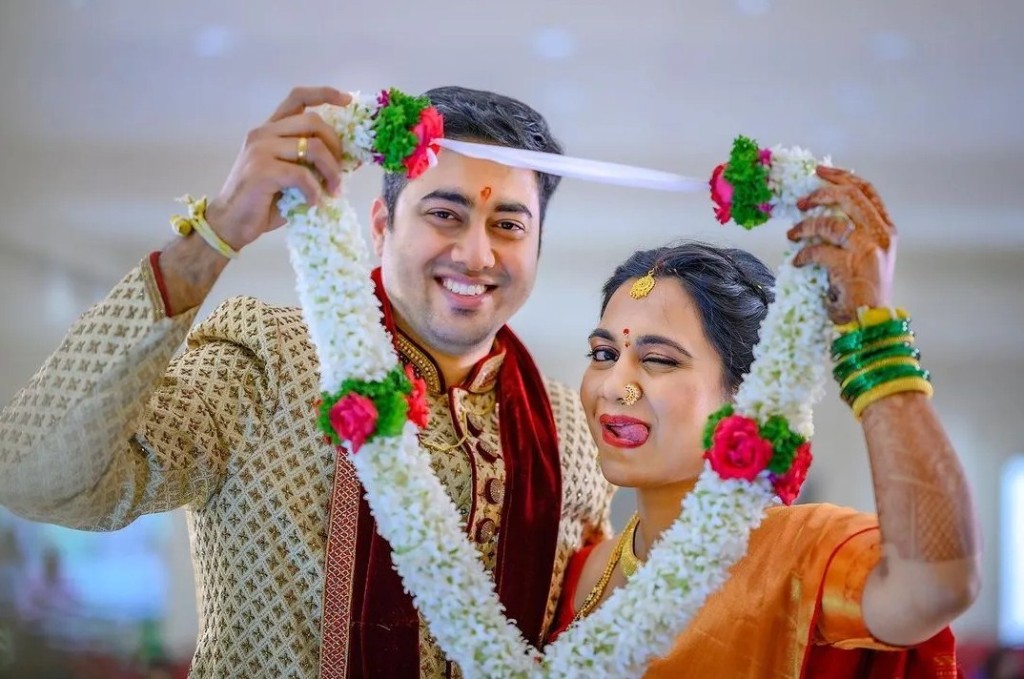
How To Manage Your Finances After Marriage
It's no secret that money is one of the leading causes of stress in relationships. In fact, financial problems are cited as one of the top reasons why marriages end in divorce. If you're about to get married, or are already married, it's important to have a plan for managing your finances. This article will give you some tips on how to do just that.
and two sets of finances. If you're not careful, money can become a big issue in your marriage. Here are some tips on how to manage your finances after marriage:
1. Communicate with your spouse about money. Discuss your financial goals and what you both expect to contribute to the household.
2. Make a budget together and stick to it. This will help you stay on track with your spending and help avoid arguments about money.
3. Have separate bank accounts, but also joint accounts for shared expenses. This can help you both feel like you have a say in how the money is spent.
4. Save for important financial goals, such as retirement or buying a home. This will help you stay focused on the long-term and avoid making impulse purchases that could put a strain on your finances.
5. Be honest with each other about money. If you're having trouble making ends meet or are worried about debt, talk to your spouse about it. Honesty is key to a strong marriage, and that includes being honest about money.
After you get married, it's important to sit down with your spouse and talk about your finances. You'll need to decide who will be responsible for what financial tasks. For example, one person may be in charge of paying the bills while the other manages the budget.
It's also important to have joint bank accounts and credit cards. This can help you keep track of your spending and make sure that both of you are on the same page financially.
If you're not sure how to start managing your finances after marriage, there are plenty of resources available online or from financial advisors. The most important thing is to communicate with your spouse and make sure you're both on the same page financially.
Marriage is a big step in life, and with it comes new responsibilities - like managing your finances together. It can be tough to figure out what banking products and services you need as a newlywed couple, but don't worry - we're here to help.
Here are a few things to consider when you're trying to figure out your banking needs after marriage:
-Do you have joint or separate bank accounts? This is something you'll need to discuss with your spouse. Some couples prefer to keep their finances separate, while others like the convenience of having joint accounts.
-What kind of spending habits do you have? If you're both responsible spenders, then you might not need to worry too much about budgeting and tracking your spending. But if one or both of you tend to overspend, then you'll need to be a bit more careful with your money.
-Do you have any debts or loans that need to be paid off? If so, you'll need to make sure that your payment plan is affordable for both of you.
-Do you have any long-term financial goals? Whether it's buying a house, saving for retirement, or taking a dream vacation
One of the most important things you can do for your financial future is to plan for retirement. This can be a difficult task, especially if you're not used to thinking about long-term planning. But, it's important to start considering your retirement now, even if you're just starting out in your career.
There are a few things to think about when you're planning for retirement. First, you need to decide how much money you'll need to have saved up. This will depend on a number of factors, including how long you expect to live in retirement and what kind of lifestyle you want to maintain.
Next, you need to think about how you'll generate income during retirement. For many people, this will include Social Security benefits and pensions. If you don't have either of these sources of income, you'll need to plan on generating income through other means, such as investments or part-time work.
Finally, you need to consider how you'll manage your expenses during retirement. This includes both day-to-day living expenses and larger expenses, such as healthcare costs. It's important to have a plan for managing your finances so that you don't outlive your savings.
29th June, 2022